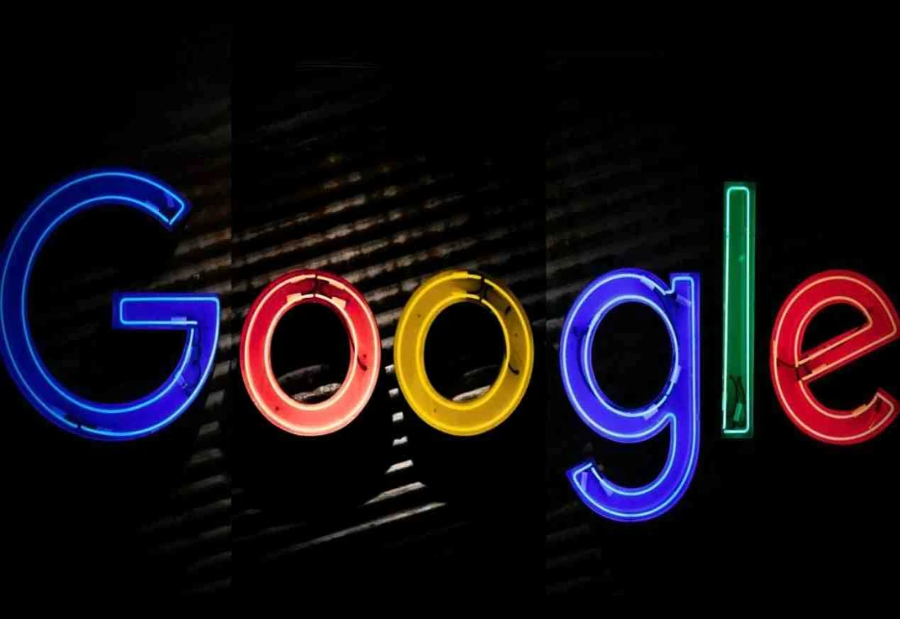Google is introducing a new developer verification programme that will change how apps are installed on Android devices. Beginning next year, all developers will have to be verified by Google in order to have their apps installed on certified Android devices. The move is aimed at reducing the risks of malware, building on similar verification requirements already in place for Play Store developers since 2024.
Until now, Android has been known for its flexibility in allowing users to sideload apps, a freedom that set it apart from Apple’s ecosystem. However, this freedom has gradually reduced in recent years, and the latest change could be one of the biggest shifts yet. The new rule will apply to all Android phones that come with Google Services pre-installed, but will not affect custom ROMs or certain Chinese devices without Google services.
Google has compared the process to an airport ID check, explaining that the verification will confirm the identity of the developer but will not involve reviewing the actual content of their app. A new Android Developer Console is being created, where developers who distribute apps outside the Play Store will need to register and complete their verification.
Testing of the new system will begin in October, with all developers gaining access to the console in March 2026. The requirement will first roll out in Brazil, Indonesia, Singapore and Thailand in September 2026 before expanding to other regions, likely by 2027.
According to Google, internal data shows that apps sideloaded from the internet carry 50 times more risk of malware compared to those installed from the Play Store. The company believes the new policy will make it harder for malicious actors to distribute harmful apps repeatedly after takedowns. Since introducing similar verification for Play Store developers in 2023, Google claims to have seen fewer cases of fraud, malware distribution and data theft.
“Bringing a similar process to Android more broadly will provide a consistent, common-sense baseline of developer accountability across the ecosystem,” Google said in a blog post.
The change also comes at a time when Google faces pressure from antitrust rulings, including one involving Epic Games. The company will now be required to allow third-party app stores to be listed on the Play Store and give them access to all Play Store apps. Industry watchers believe the new verification rules could help Google maintain greater control as third-party app stores become more common.
Also read: Viksit Workforce for a Viksit Bharat
Do Follow: The Mainstream formerly known as CIO News LinkedIn Account | The Mainstream formerly known as CIO News Facebook | The Mainstream formerly known as CIO News Youtube | The Mainstream formerly known as CIO News Twitter |The Mainstream formerly known as CIO News Whatsapp Channel | The Mainstream formerly known as CIO News Instagram
About us:
The Mainstream formerly known as CIO News is a premier platform dedicated to delivering latest news, updates, and insights from the tech industry. With its strong foundation of intellectual property and thought leadership, the platform is well-positioned to stay ahead of the curve and lead conversations about how technology shapes our world. From its early days as CIO News to its rebranding as The Mainstream on November 28, 2024, it has been expanding its global reach, targeting key markets in the Middle East & Africa, ASEAN, the USA, and the UK. The Mainstream is a vision to put technology at the center of every conversation, inspiring professionals and organizations to embrace the future of tech.




